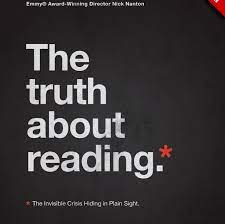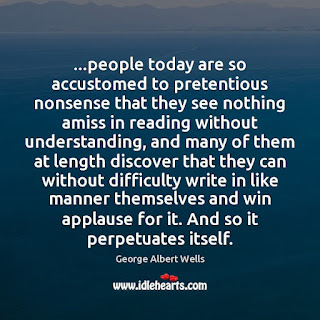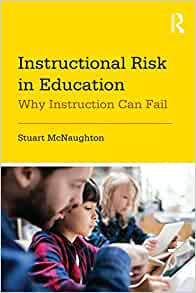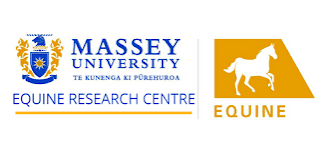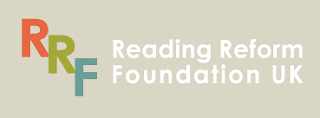The following are extracts from the Fountas Blog post. You may read the article here.
The goal for the reader is accuracy using all sources of
information simultaneously. And that includes processing each letter in words
from left to right. If a reader says “pony” for “horse” because of information
from the pictures, that tells the teacher that the reader is using meaning
information from the pictures, as well as the structure of the language, but is
neglecting to use the visual information of the print. His response is
partially correct, but the teacher needs to guide him to stop and work for
accuracy.
"Try that again, and be sure what you read looks right
and makes sense", or "Check
the letters to be sure you are right."
The goal is for the child to stop or monitor, look more
closely at the word and think about what would make sense and fit with the
sequence of letters.
The bottom line is that a young reader must use everything he
knows to move through a written text, to read it accurately and understand it.
Multiple sources of information are combined in a complex and orchestrated way.
The development of the child's ability to use all sources of information will
take time and skillful teaching. It is impossible to boil down this process to
something as simplistic as “don't think, just sound it out.”



